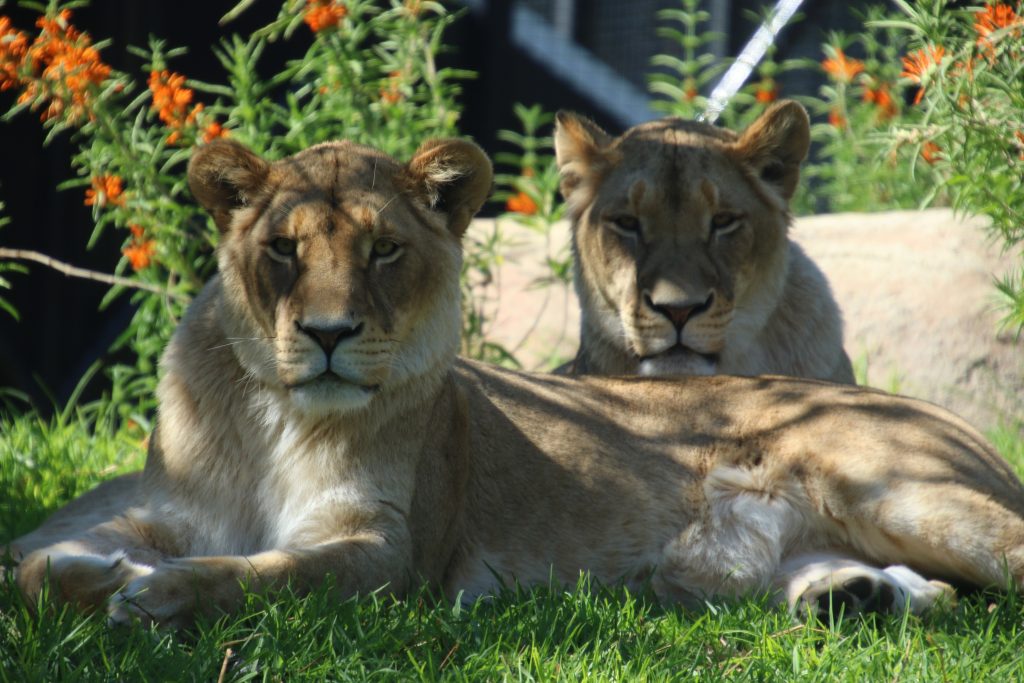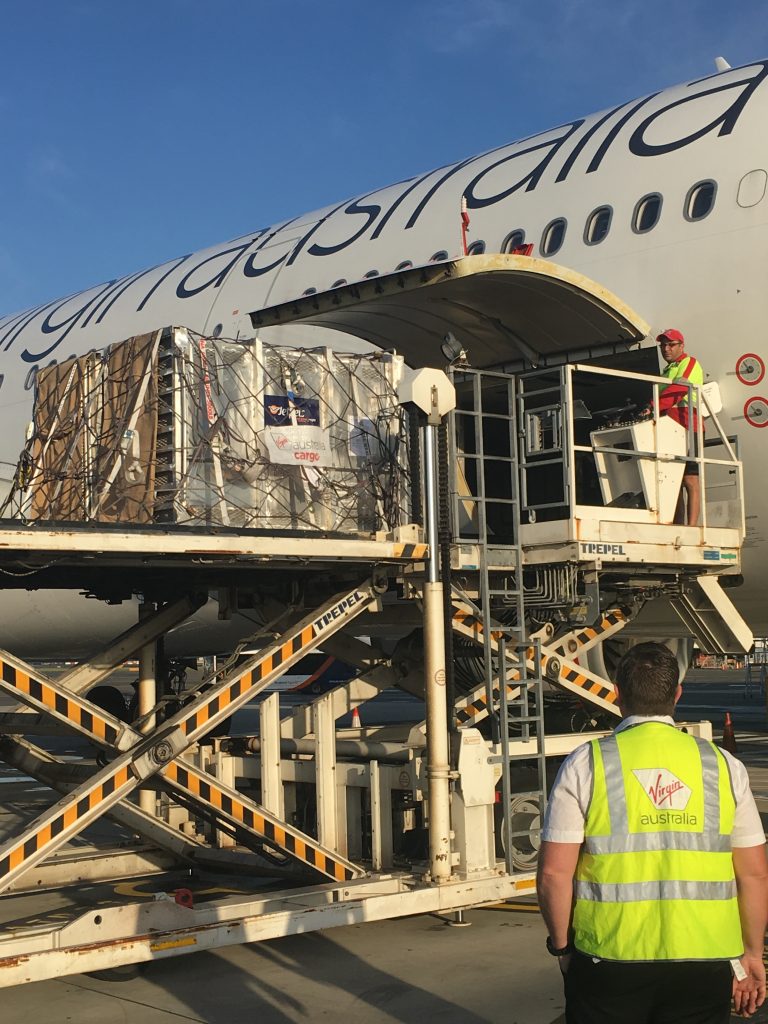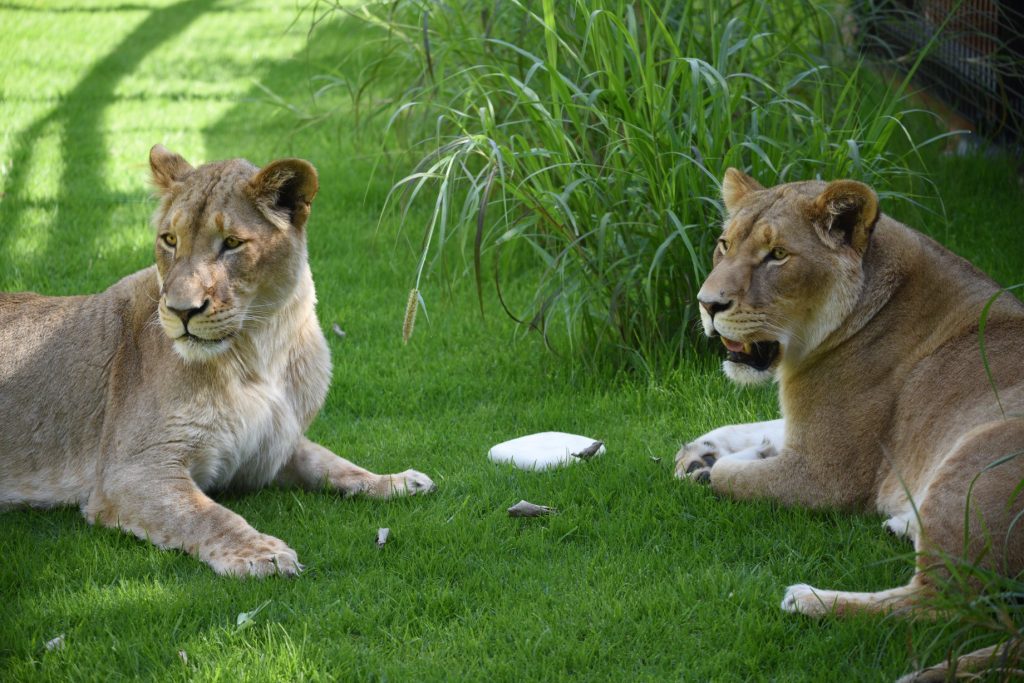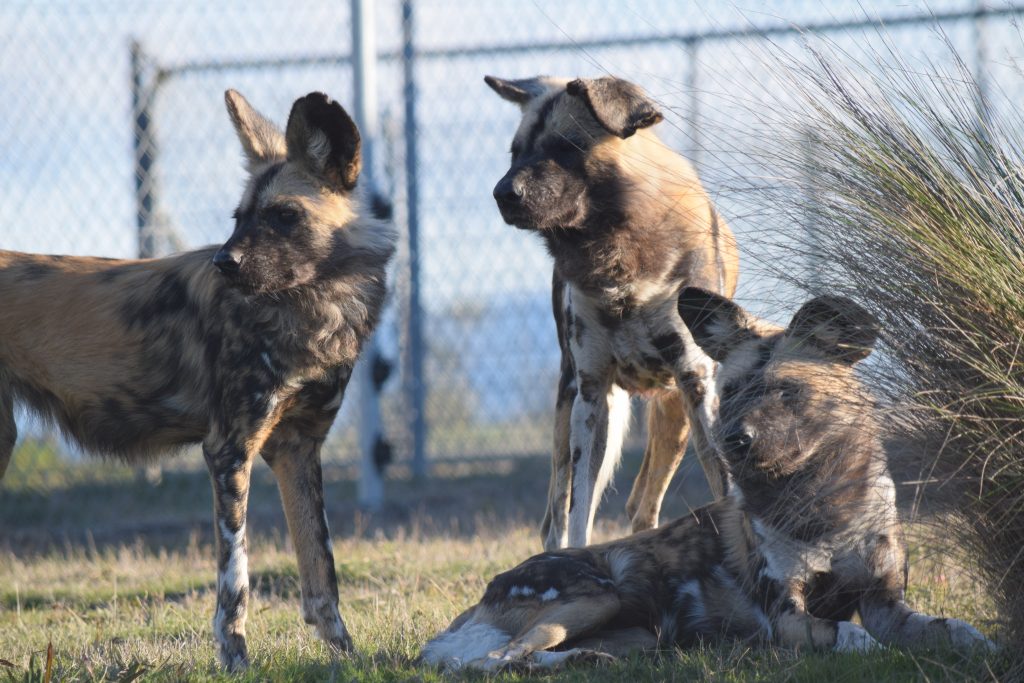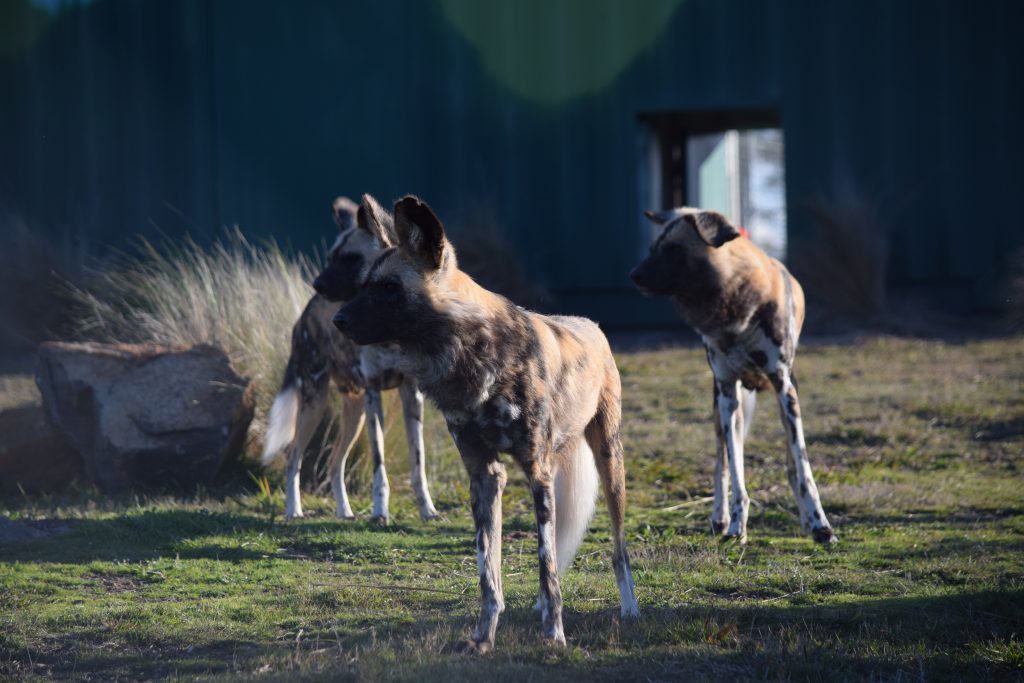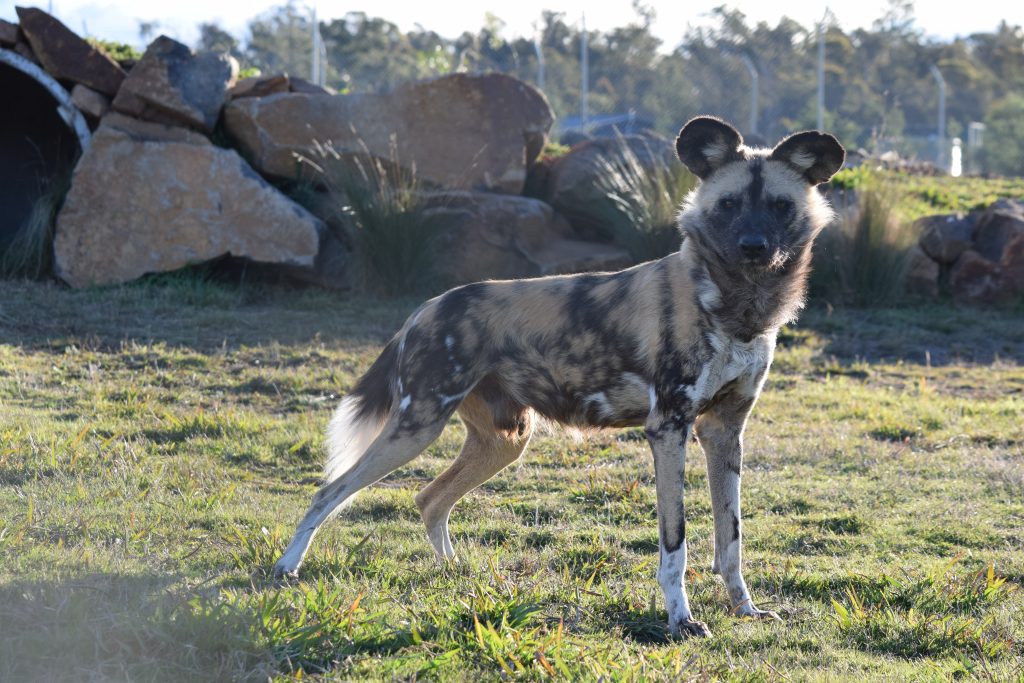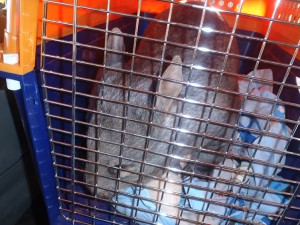You entrust Jetpets of course. Meet our latest Jetpets Happy Travellers – Lioness sisters Makeba and Uzuri.
Makeba and Uzuri are 3 year old African Lionesses, and we were so excited to take care of them during their travels from Taronga Western Plains Zoo in Dubbo to Perth Zoo.
A lot of planning goes into our Special Moves, particularly when the Special Move involves two Lionesses that weigh in excess of 150kg each. With Makeba and Uzuri’s welfare at the front of our mind, our Special Moves Coordinator Sarah worked closely with both zoos to plan the logistics of the move.
Makeba and Uzuri were collected from Taronga Western Plains Zoo and transported by road to Sydney Airport, where we gained airside access for both a Jetpets Representative as well as a Taronga Western Plains Zoo Keeper to ensure the Lionesses were onboarded with the utmost of care.
Makeba and Uzuri travelled on a Virgin Australia Regular Public Transport flight that departed from Sydney at 7.15am, which ensured that the animals were not travelling in the heat of the day. They travelled in their own airline approved travel crates, in a cabin that was air pressured and climate controlled, just like the passenger cabin.
Upon arrival into Perth careful planning was in place to ensure the Lionesses were first to be offloaded from the flight and into Jetpets care.
Our Pet Handler then delivered Makeba and Uzuri to Perth Zoo, where they had a process in place to introduce Makeba and Uzuri into their new environment, and a nice environment at that. Perth Zoo has recently constructed a new breeding facility and exhibit for African Lions, taking Western Australia’s ability to make a difference to global lion conservation forward in leaps and bounds.
The new $3.4M facility will house up to eight animals in the future. It includes special dens and holding areas for mothers with cubs.
Makeba and Uzuri will become the new breeding females for Perth Zoo’s lion breeding program.
Managed breeding is critical for this species which has already gone extinct from 26 African Countries. There are as few as 20,000 African Lions left in the wild.
The Lionesses are appropriately named; – ‘Makeba’ means greatnessin Ethiopia and ‘Uzuri’ is Swahili for Beautiful.
We look forward to following Makeba and Uzuri’s journey into motherhood.
If you would like to see these amazing Lionesses and learn more about Perth Zoos conservation efforts you can visit Perth Zoos website and arrange a visit.

